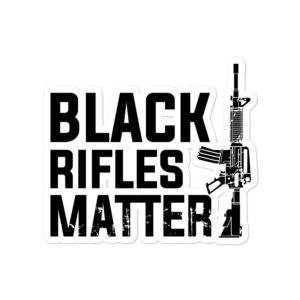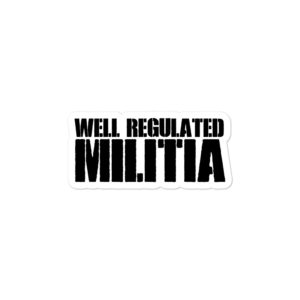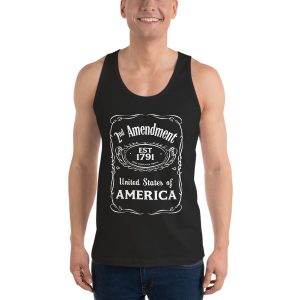In District of Columbia v. Heller (2008), a case reached the Supreme Court docket that dismantled previous court case’s claims that while Congress could not infringe upon the right to bear arms, states did have the power to regulate and restrict gun ownership. The Fourteenth Amendment did a lot to further the individual rights of America citizens while simultaneously stripping states of their autonomy from the proscriptions imposed upon Congress that are found in the Constitution and its Amendments. District of Columbia v. Heller (2008) made it clear that states had little say in the direction of modern gun policy. The case also reversed the ideas found in previous Supreme Court decisions that the Constitution intentionally aligned and attached the right to keep and bear Arms with the right to maintain a well-regulated state Militia.
The complaint began after Dick Heller, a District of Columbia special police officer authorized to carry a handgun while performing his duties at the Federal Judicial Center, attempted to register a handgun that he intended to keep at his D.C. home. The District of Columbia denied his request under a provision found in D.C.’s Firearms Control Act of 1975. Heller took the case to court, claiming that two provisions in the Firearms Control Act violated his Constitutional rights under the Second Amendment. One of the provisions prohibited the possession of handguns, and the second one required that lawful firearms in the home be unloaded and disassembled or trigger-locked. After Heller’s case made the rounds in the lower courts, the United State Supreme Court ruled that the two local gun laws violated the Constitution. The decision had opposition, though, as the Supreme Court justices voted 5-4 in favor of Heller.






